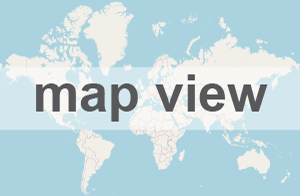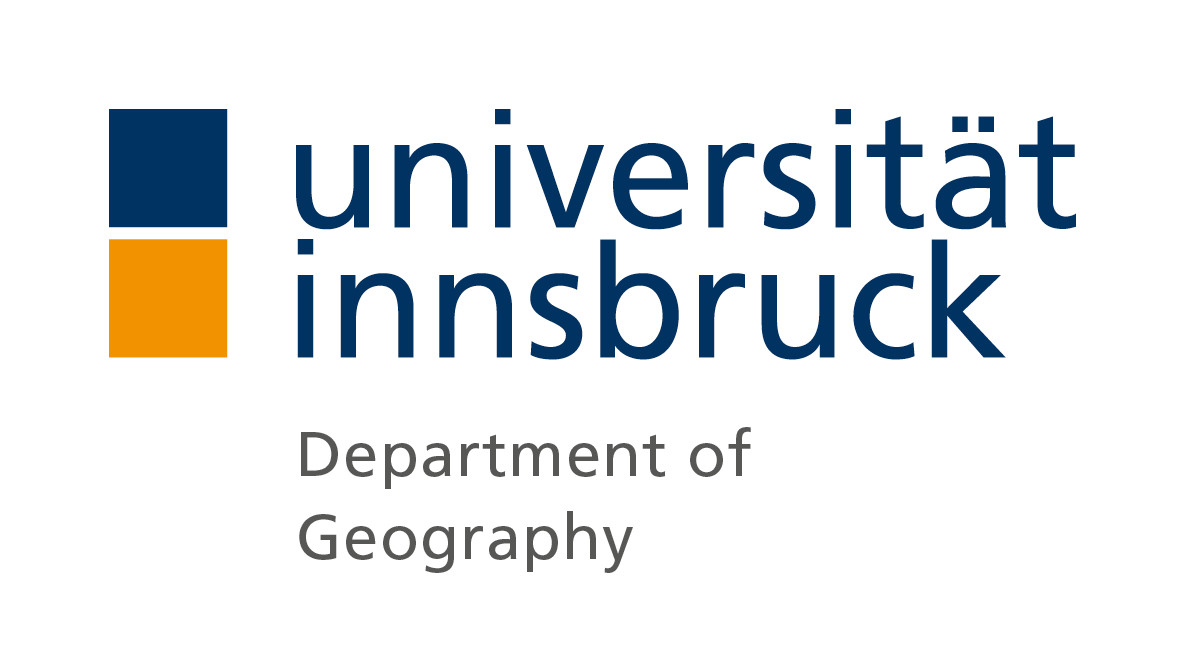
University of Agriculture in Kraków
Poland

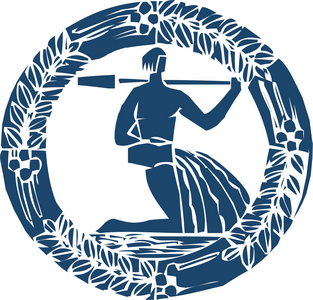
Description: University of Agriculture in Krakow is a leading university in agricultural science in Poland and provides professional education in agriculture, food technology, forestry, economics, and technical sciences. All Staff members involved in the project work at the Department of Land Management and Landscape Architecture. The main focus of the department is the research on land management which is particularly important in the reality of the scarcity of land. The department cooperates with local governments providing analyses and solutions to improve the lives of the citizens. In 2020, two laboratories were created in the department: Digital Cultural Heritage Laboratory and Spatial Information Laboratory. The Digital Cultural Heritage Laboratory investigates digitalisation, archiving, and promotion of cultural heritage, including tangible and intangible remnants of rural cultural past. The laboratory research focuses on four domains: identification and acquisition, digitalisation and archiving (storage), management and sharing (digital) of cultural heritage assets. Spatial Information Laboratory. Research involves analyses related to spatial planning, management, and governance, cultural landscape, and spatial policy. The research focuses on large-scale spatial information processing from individual case studies to international analyses.
Regional focus: Research work carried out at the Department of Land Management and Landscape Architecture focuses on several areas: legal and technical issues in spatial planning, spatial data processing in land management analyses, geographic information systems, land information systems, environmental information management, databases for land management, organisation management (including public administration offices), economic and social factors in land management, regional development and competitiveness, valuation and protection of arable land for spatial planning and development, real estate management, landscape architecture and protection of cultural landscapes and heritage, statistical land-use change modelling, land-use and cover changes in Poland, renewable energy and energy autarky, spatial and socioeconomic transformations in suburban areas and quality assessment of websites and web applications.
Official contact:
Józef Hernik
E-mail:
Staff members involved: Józef Hernik, Barbara Czesak, Renata Różycka-Czas, Karol Król, Anita Kukulska-Kozieł and Tomasz Noszczyk.
- The main fields of interests and studies of Professor Józef Hernik are cultural landscape, land use and environmental development. He also looks at the role of environmental policy, including risk mitigation and the role of climate change. He has been a project coordinator for four international research projects in the field cultural landscapes and land management.
- Dr inż Barbara Czesak holds a PhD in technical sciences, Land Surveying and Cartography. Her research focuses on land-use changes, particularly deagrarianisation and abandonment of agricultural land use, spatial information systems, green areas in cities, land management, urbanisation, and design thinking methods.
- Dr inż Renata Różycka-Czas studied Land Surveying and Cartography and Land Management at the University of Agriculture in Kraków. She was awarded the title of PhD in technical sciences, land surveying and cartography. During her Erasmus+ placement, she conducted research at the University of Bonn. Academic interests: development of the suburban zone, local development, spatial information systems, GIS tools.
- Dr inż Karol Król is a qualified information architect, front-end web developer, IT support technician, academic researcher and lecturer at the Faculty of Environmental Engineering and Land Surveying of the University of Agriculture in Krakow. He studies the uses of computer techniques and tools of spatial data presentation, data visualization, as well as performance, functionality and usability of websites. His research interests include, among others, digital heritage (Digital Cultural Heritage Laboratory), data analytics and internet technologies, work organisation and management, as well as marketing strategies.
- Dr inż Anita Kukulska-Kozieł is a graduate of Land Surveying and Cartography at the University of Agriculture in Kraków. Her academic interests are the application of GIS tools in spatial analyses, particularly for spatial planning and land development. She has had several international research placements (Szent István University – Budapest; Universitat Politècnica de València – Valencia; and Slovak University of Agriculture – Nitra) and short-term research visits in Florence, Kyiv, and Lviv.
- Dr inż. Tomasz Noszczyk research focuses on land-use and cover changes and their modelling. He was awarded a scholarship of the Minister of Science and Higher Education twice, Talents of the Świętokrzyski Region three times, and awards of the Rector of the University of Agriculture. He has participated in numerous placements abroad (Spain, Russia, Slovakia, Hungary) and short-term research visits.
Working Packages: WP4-Building a multi-stakeholder ISDH decision-support Platform (DSP)
Category: Academic
Links:
- Website: Faculty of Environmental Engineering and Land Surveying
- Website: Department of Land Management and Landscape Architecture
- Website: Digital Cultural Heritage Laboratory
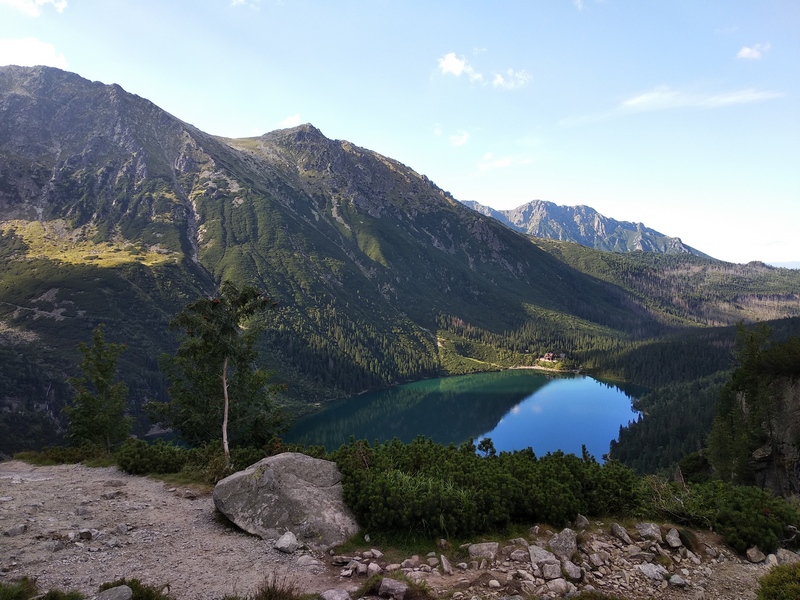
Morskie Oko lake, Poland. Photo: Barbara Czesak
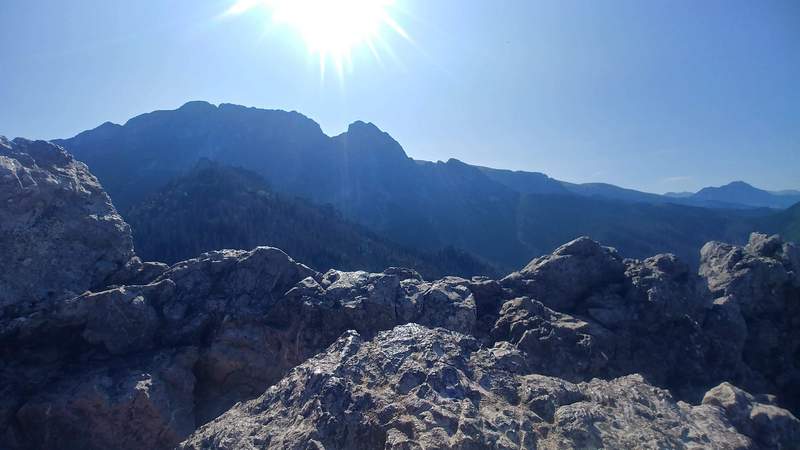
Tatra Mountain, Poland. Photo: Tomasz Noszczyk

Tatra Mountain, Poland. Photo: Barbara Czesak
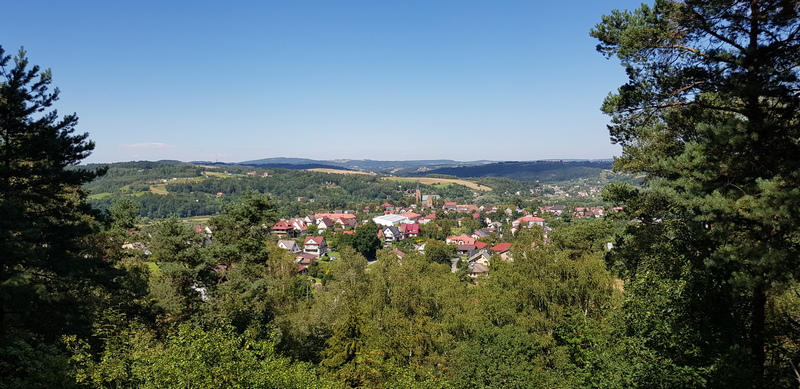
Ciężkowice, Poland. Photo: Józef Hernik
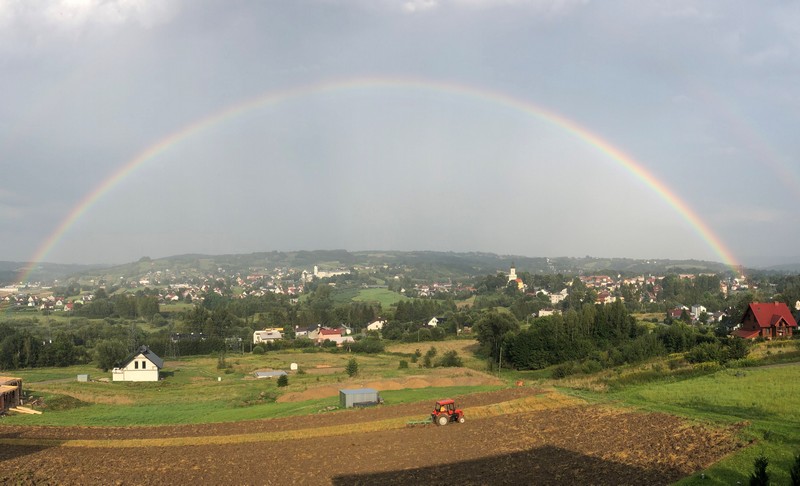
Tuchów, Poland. Photo: Renata Różycka-Czas
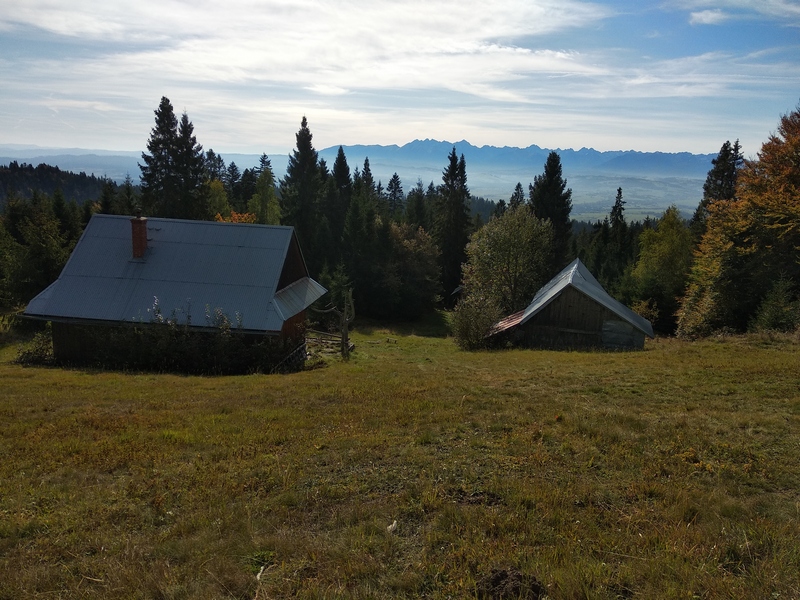
Beskidy Mountain - Turbacz, Poland. Photo: Barbara Czesak

University of Bucharest - Faculty of Geography
Interdisciplinary Centre for Advanced Research on Territorial Dynamics (CICADIT)
Romania

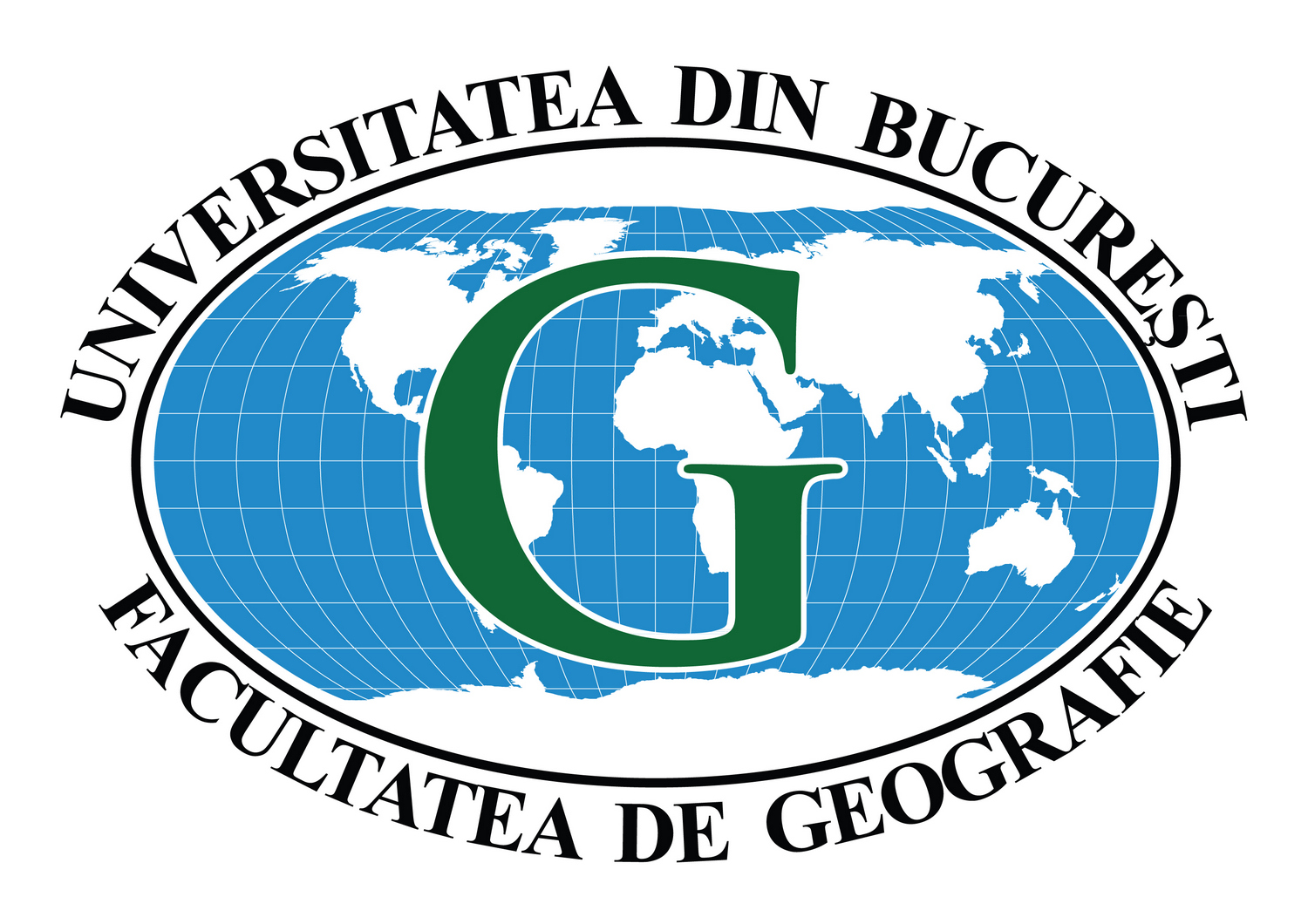
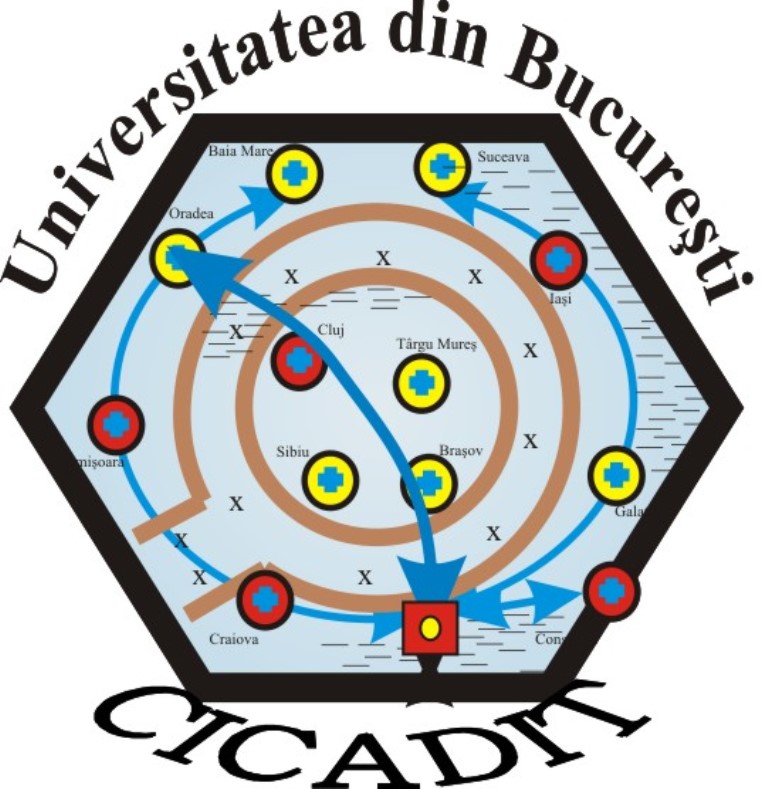
Description: The University of Bucharest (UB), founded in 1864, is one of the most important institutions for higher education and research in Romania and in the South-East of Europe. The main purpose of the UB is to provide the highest-quality educational services and research activities, maintaining competitive standards at an international level, while showing a continuous concern for ensuring quality, inter-disciplinary collaboration, and excellence of academic staff. Currently, the UB offers study programmes in a large variety of fields, from humanities and social sciences to natural sciences and mathematics. UB supports the fundamental and applied research, inter- and trans-disciplinarity, fully in line with the national priorities and the European framework, aiming to provide feasible solutions and services for the societal challenges and economic needs.
The Interdisciplinary Centre for Advanced Research on Territorial Dynamics (CICADIT) was founded in 2001, within the University of Bucharest, with the goal of promoting high-level research in the field of territorial dynamics analysis. Our team aims to increase the contribution of geography to addressing the complex challenges of supporting sustainable development of urban and rural areas. Aside from numerous research contracts at the national and regional level, CICADIT was involved in different international projects under the ESPON and ERA-Net programs. Our most recent work focused on planning, governance, territorial disparities, local and regional development, urban sprawl, the urban-rural interface, and small towns, all from a multi-scalar perspective.
Official contact:
Ilinca-Valentina Stoica
E-mail:
Staff members involved: Ilinca-Valentina Stoica, Daniela Zamfir, Liliana Dumitrache, Laura Comănescu, Marina Vîrghileanu
Working Packages: WP4-Building a multi-stakeholder ISDH decision-support Platform (DSP)
Category: Academic
Links:
- Website CICADIT: http://www.cicadit.ro/en/index.html
- Website University of Bucharest: https://unibuc.ro/?lang=en

Kmetijski Institut Slovenije - Agricultural Institute Of Slovenia
Slovenia

Description: The Agricultural Institute of Slovenia (KIS) is a research institution founded in 1898. It is the nation's leading agricultural research institution conducting basic, applied and developmental research, as well as expert work on diverse aspects of agriculture. The KIS has the status of public research institution implies a governmental non-profit institution with defined activities in the sense of public service. The KIS has well-equipped laboratories (plant science/physiology, plant genetics, agro-chemistry and plant health) and infrastructure centres for quality control of agricultural products and products used for agriculture. The institute provides training and post-graduate education of researchers and is responsible for knowledge transfer to end users (farmers, agricultural companies, seed producers etc.). The KIS employs 85 researchers and a total of 210 staff and is structured in nine organisational departments. In frame of its registered activity the Institute carries out the following tasks: basic, applied and developmental research projects; expert projects defined by law; advising, studies and laboratory and infrastructural service; qualification and post-graduate education of researchers; supervision and quality verification of agricultural products and products used in agriculture, publication of research results, expert and control work. The regional focus lies on the Julian Alps.
Official contact:
Vladimir Meglič, PhD
E-mail:
Tel: +386 1 2805 180
Staff members involved:
- Lovro Sinkovič, PhD
E-mail:This email address is being protected from spambots. You need JavaScript enabled to view it.
Tel: +386 1 2805 278) - Branko Lukač, PhD
E-mail:This email address is being protected from spambots. You need JavaScript enabled to view it.
Tel: +386 1 5607 413) - Antoaneta G. Kuhar, PhD
E-mail:This email address is being protected from spambots. You need JavaScript enabled to view it.
Tel: + 386 1 2805 103) - Irena Bertoncelj, PhD
E-mail:This email address is being protected from spambots. You need JavaScript enabled to view it.
Tel: +386 1 2805 219)
Working Packages: WP1, WP2, WP3, WP4, WP5
Category: Academic
Links:
- Website: www.kis.si
- Facebook: https://www.facebook.com/KISinstitut
- Twitter: https://twitter.com/KISinstitut
- LinkedIn: https://www.linkedin.com/company/kmetijski-institut-slovenije
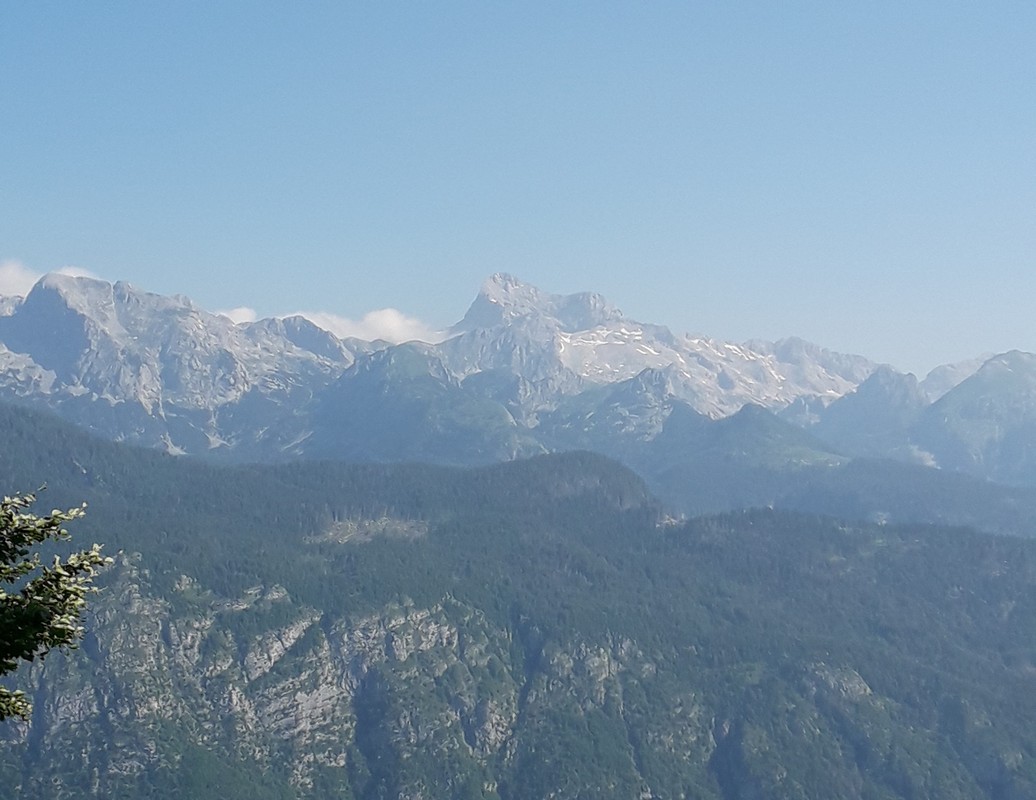
Julian Alps, Mts. Triglav and Kanjavec with Pršivec and Vogar below. Picture taken from Mt. Vogel. Photo: L. Sinkovič

University of Montenegro - Biotechnical Faculty
Montenegro


Description: University of Montenegro - UoM (state university) is the most relevant scientific and high-educational institution in Montenegro, comprised of 19 faculties and 3 institutes. Its aim is to produce well-educated students on three levels of study, providing technological and innovation solutions to problems through research and transfer applicable research results to facilitate social, economic and technological development of the country, region and wider European surroundings. This mission is based on the permanent improvement and adjustment of the research and administrative staff, infrastructural resources and international collaboration aimed at achieving research-productivity goals. It strives to reach the peak of excellence in the priority areas of research and education, through constantly enhancing research collaboration with international partners.
Biotechnical Faculty - BTF is a unit of the UoM. BTF was established in 1937 and it is the oldest research institution in Montenegro. The total number of employees is 170, of which 42 with PhD and 8 with MSc degree. BTF has three main activities: teaching (academic and applied courses in Plant and Livestock production), research (covering the main aspects of agriculture), and lab and extension (advisory) services.
Official contact:
Milan Markovic
E-mail:
Staff members involved:
- Prof. Milan Marković, PhD, ER - animal breeding, long experience in designing rural development policy
E-mail:This email address is being protected from spambots. You need JavaScript enabled to view it. - Prof. Božidarka Marković, PhD, ER - small ruminants breeding, conservation of Animal genetic resources
E-mail:This email address is being protected from spambots. You need JavaScript enabled to view it. - Dušica Radonjić, PhD, ESR – animal nutrition and pasture management
E-mail:This email address is being protected from spambots. You need JavaScript enabled to view it. - Milena Đokić, MSc, ESR – biotechnology applied in animal breeding
E-mail:This email address is being protected from spambots. You need JavaScript enabled to view it.
Working Packages: WP2, WP3, WP4 and WP5
Category: Academic
Links:
- Website: https://www.ucg.ac.me/; https://www.ucg.ac.me/btf
- Facebook: https://www.facebook.com/UniverzitetCrneGore
- Twitter: https://twitter.com/Univerzitet_CG?lang=en
- LinkedIn: https://www.linkedin.com/school/univerzitet-crne-gore/

The Biotechnical Faculty building in Podgorica (the front side above and the back side bellow).

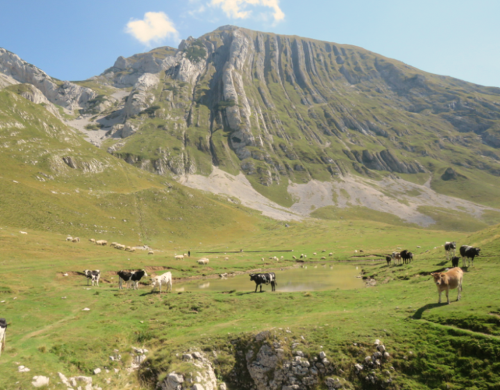
Livestock at pasture during summer season, Durmitor mountain. Photo: Božidarka Marković
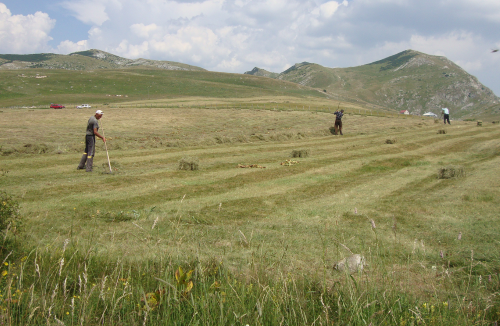
Hey collection in mountain areas (about 1700 m a.s.l.). Photo: Dušica Radonjic

University of Bern - Centre for Development and Environment (CDE)
Switzerland
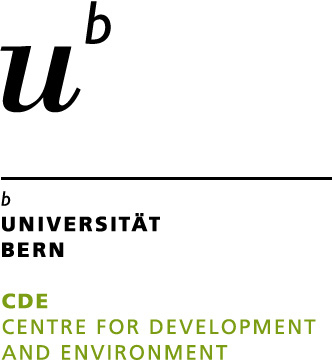
Description: CDE is one of the University of Bern’s strategic research centres. We conduct research and teaching with the aim to chart pathways to sustainable development and initiate transformations in line with the 2030 Agenda. We have longterm experience in different mountain regions around the world. In collaboration with our partners, we engage in inter-and transdisciplinary research to enhance mountain communities’ well-being and conserve mountain ecosystems.
Official contact:
Staff members involved: Susanne Wymann von Dach
Working Packages: Member of the Monitoring and Evaluation Committee
Category: Academic
Links:
- Website: https://www.cde.unibe.ch/
- Facebook: https://www.facebook.com/CDEunibe
- Twitter: https://twitter.com/cdeunibe
- LinkedIn: https://www.linkedin.com/company/centre-for-development-and-environment-cde-/
- Issuu: https://issuu.com/cde.unibe.ch

Institut National de Recherche pour l’Agriculture, l’Alimentation et l’Environnement
France

Description: As the result of the merger of INRA and IRSTEA, INRAE is France's National Research Institute for Agriculture, Food and Environment. Its mission is to carry out excellent science in order to provide innovative solutions addressing global challenges, notably climate change, biodiversity and food security while at the same time enabling the much needed agroecological, nutritional and energy transitions. This research also serves policy making from regional to international levels, thereby contributing to the Sustainable Development Goals.
Thanks to its diverse research teams, INRAE produces targeted research, via a process in which basic science and applied science go hand in hand and discipline-specific perspectives are paired with interdisciplinary approaches. In this work, it can rely on a network of research infrastructures and experimental research units that has no equal in Europe. INRAE is fully committed to the principles of open science. It also embraces participatory science as a means of engaging with greater numbers of everyday citizens.
INRAE employs 11,500 staff members including 2,000 researchers, 3,100 engineers and assistant engineers, and 3,300 technicians. INRAE is made up of 18 centres, 14 research divisions, and 268 research units, experimental research units and support units.
Official contact:
Dr Marie Houdart | Research fellow in geography
E-mail:
Staff members involved: Marie Houdart, Etienne Polge, Benoit Dedieu, Luciano Copello, Sylvie Lardon, Alice Gillerot
Working Packages: WP3-Analysis, comparison and modelling of ISDH
Category: Academic
Links:
- Website: https://www.inrae.fr/en/about-us
- Facebook: https://www.facebook.com/Inrae.France/?ref=page_internal
- Twitter: https://twitter.com/INRAE_France?ref_src=twsrc%5Egoogle%7Ctwcamp%5Eserp%7Ctwgr%5Eauthor

Institut de Recherche pour le Développement
France
Description: IRD is a French public research establishment operating under the joint authority of the French Ministry for Higher Education, Research and Innovation and the French Ministry for Europe and Foreign Affairs. It takes an original approach to research, expertise, training and knowledge-sharing for the benefit of countries and regions, making science and innovation key drivers in their development.
A science committed to a sustainable future
Scientific progress is necessary to further sustainable and human development: IRD carries this conviction with it wherever it is present, and wherever it works with its partners.
IRD is a key French player on the international development agenda. Its work is founded on an original model: equitable scientific partnership with developing countries, primarily those in the intertropical regions and the Mediterranean area.
IRD sets its priorities in line with the Sustainable Development Goals (SDGs) adopted by the United Nations in September 2015, to steer development policies. Combining critical analysis into the implementation of these goals, IRD seeks to tackle the challenges facing us today: global, environmental, economic, social and cultural changes that affect the whole planet.
The IRD is a multidisciplinary institute and upholds the specific nature of its approach by conducting research that is in line with major issues in development.
IRD research is at the cutting edge of “the science of sustainability” and primarily draws inspiration from the problems facing the real world, ecosystems and societies, instead of based on the own dynamic of the scientific disciplines that it brings to bear. Because this research focuses on the intertropical and Mediterranean region, which is the most ecologically, socially and politically vulnerable of current development models, this research often finds itself, virtually automatically, at the front line of major debates. To this end, the IRD favours interdisciplinary and intersectoral scientific approaches to SDGs.
The markers of our action in favour of development
A fair scientific partnership and joint publications with partners in developing countries
Solutions tailored to global challenges and based on scientific evidence
Public policies informed by scientific progress
Citizens actively involved in change
Responsible innovations
Specific assessments and expertise
Supporting multidisciplinary and partnership research into the main issues of development
The IRD is at the forefront of international science, collaboratively producing rigorous scientific material that informs decision-makers and fuels public policies. Global health, governance, inequality and poverty, mobility and migration, climate and global change, oceans, natural risks, sustainable agriculture, biodiversity, ecosystems and resources: these are some of the topics addressed in a multidisciplinary approach. Its scientific activity takes place in its research units and schemes in France and abroad.
Official contact: Olivier Barriere
Staff members involved:
Working Packages:
Category: Academic
Links:

Universita Degli Studi Di Padova - Department of Agronomy, Food, Natural resources, Animals, and Environment (DAFNAE)
Italy
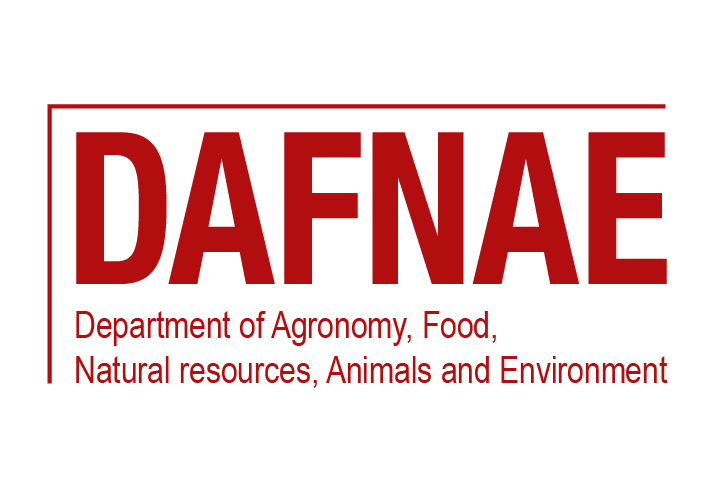
Description: The Department of Agronomy Food Natural resources Animals and Environment (DAFNAE) of the University of Padova (Italy) was founded in 2012 by the fusion of the teaching, technical and administrative staff of the Departments of Environmental Agronomy and Crop Production, Agricultural Biotechnology and Animal Science. The "mission" of the Department is to promote the quality of human life, the competitiveness of the agri-food sector and the sustainable use of natural resources, biotic and abiotic, through the production and dissemination of knowledge on the management and improvement of plants, animals, microorganisms and soil for the production of quality food and biomass, ensuring the conservation of ecological systems, the protection of cultivated plants and preservation of the environment and biodiversity. The main novelty in the cultural project of the department is to study the environmental and agri-food sectors with an innovative and comprehensive approach, in order to consider and exploit the multidisciplinary interconnections that exist within individual scientific areas and among different steps of the production/transformation chains. In particular, we are organized in a logical and strategic system of units based on scientific disciplinary sectors and aggregations.
Regional focus: Eastern Italian Alps (Dolomites)
Official contact:
Staff members involved: Prof. Enrico Sturaro, Prof. Maurizio Ramanzin, Salvatore Raniolo (PhD student), Marta Teston (PhD student)
Working Packages: WP3, WP4
Category: Academic
Links:
- Website: https://www.dafnae.unipd.it/en/
- Facebook: https://it-it.facebook.com/dafnae.unipd/
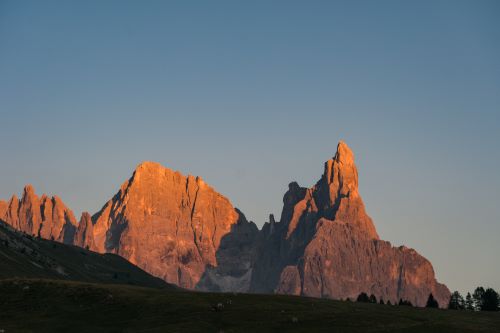
Photo: Salvatore Raniolo

